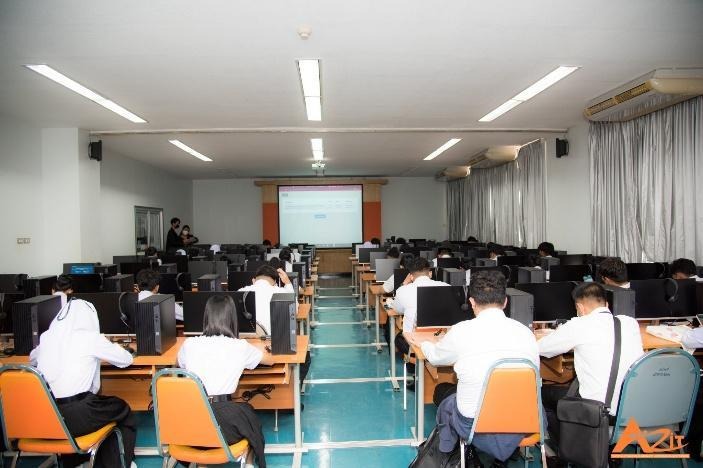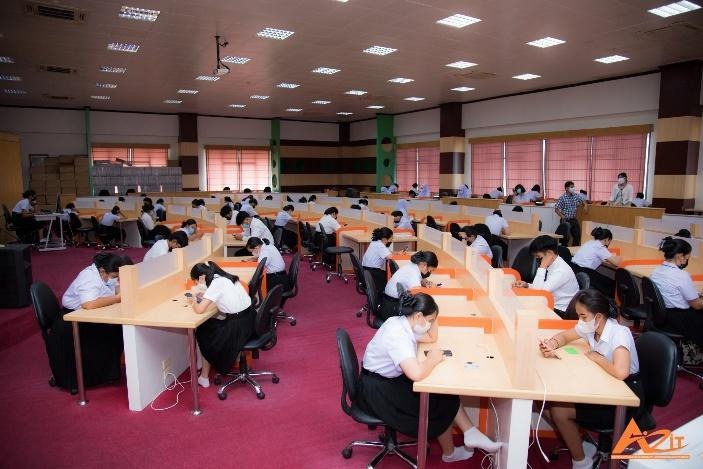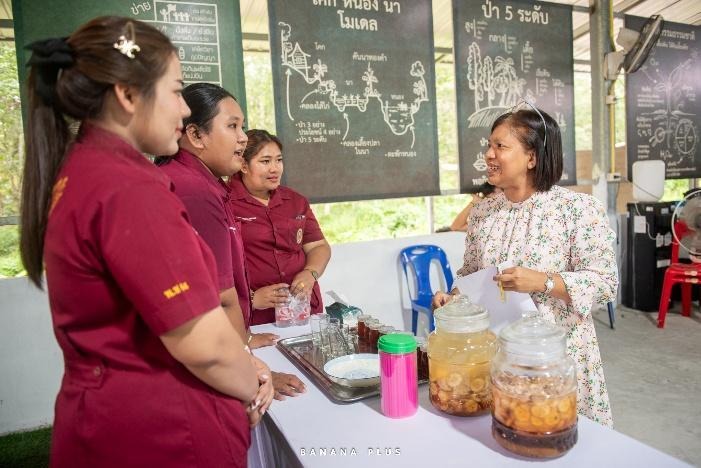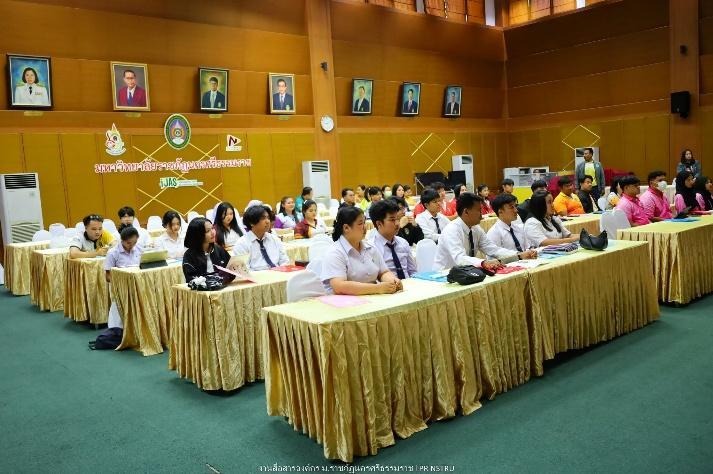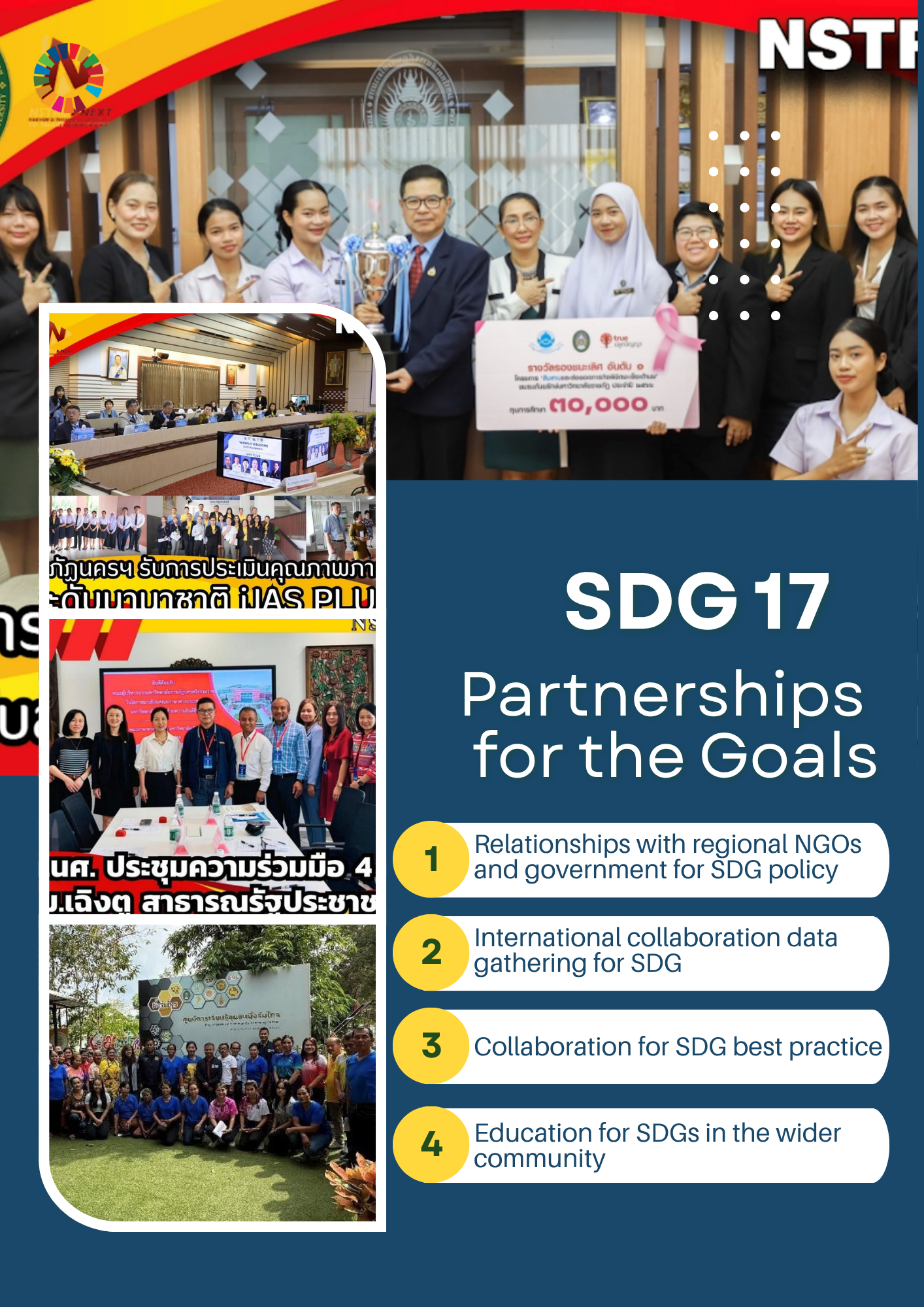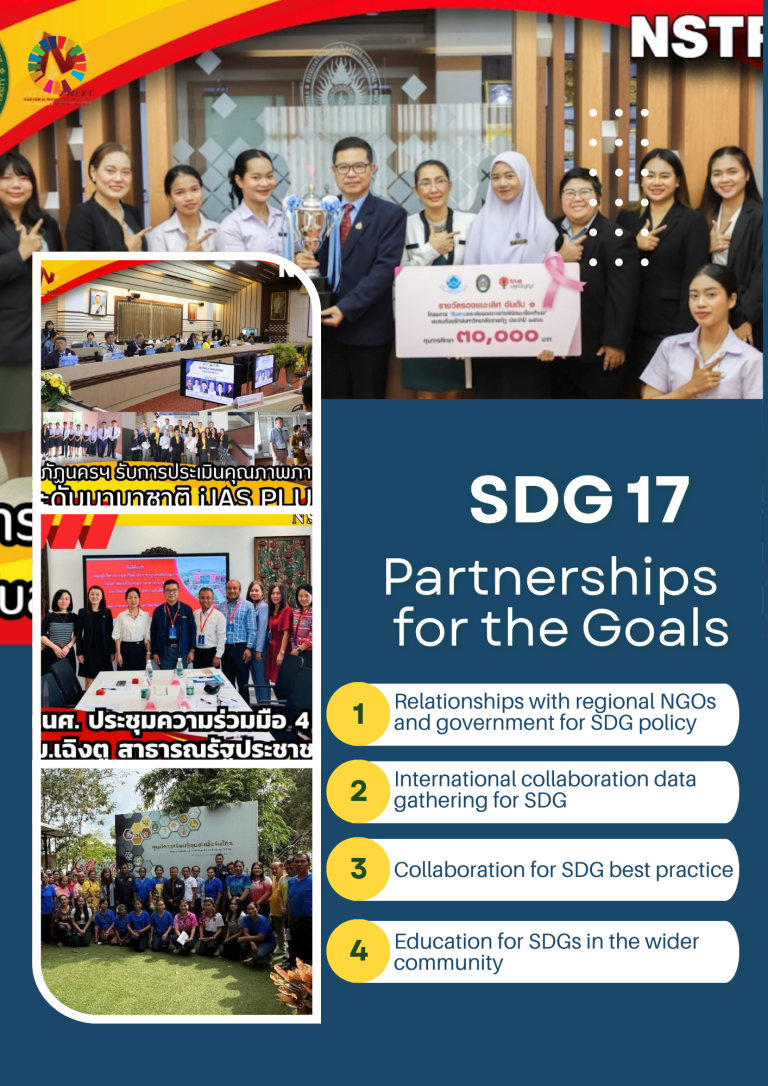Nakhon Si Thammarat Rajabhat University has developed a systematic method for measuring and assessing students’ capacity to learn and retain key sustainability concepts. The effort supports Sustainable Development Goal (SDG) 17, specifically indicator 17.4.4, “Sustainability Literacy.” The institution focuses on equipping students with knowledge, understanding, and practical skills for sustainable development, along with the ability to apply the concepts in real-life situations and community improvement.
The assessment of sustainability knowledge is conducted alongside evaluations of fundamental skills in Thai, English, and computer literacy, which are components of the student quality assessment system each academic year. The university has incorporated a “Sustainability Literacy” assessment component using both quantitative and qualitative methods, which include:
- Theoretical knowledge assessment using a specialized test designed to evaluate comprehension of key concepts such as the SDG targets, efficient resource use, the circular economy, climate change, and sustainable community development.
- Practical competency evaluation conducted through academic service projects, volunteer activities, or community projects that students plan and execute themselves. The purpose is to measure the skill of applying knowledge within a real-world local context.
- Attitude and awareness appraisal conducted through learning reflections and presentations to a committee. The goal is to examine the connections students make between sustainability concepts, systems thinking, and social responsibility.
The university also integrates sustainability concepts into the curricula of all faculties, stipulating sustainability-related learning outcomes for courses or learning activities. Examples include professional projects, student development activities, and interdisciplinary integrated activities. The objective is to ensure that learning is not confined to the classroom but extends to practical application in community settings.
The assessment process aims to measure not just “knowledge” but also “application ability” and “systemic understanding” that students acquire from their studies and hands-on experience. Such an approach is central to developing Sustainability Literacy and aligns with the university’s mission serving the function of a “University for Sustainable Local Community Development.”
Such a method is, therefore, a key mechanism for producing graduates who possess knowledge, skills, and attitudes consistent with sustainability principles, preparing them to be a significant force in the future development of local communities and Thai society.
